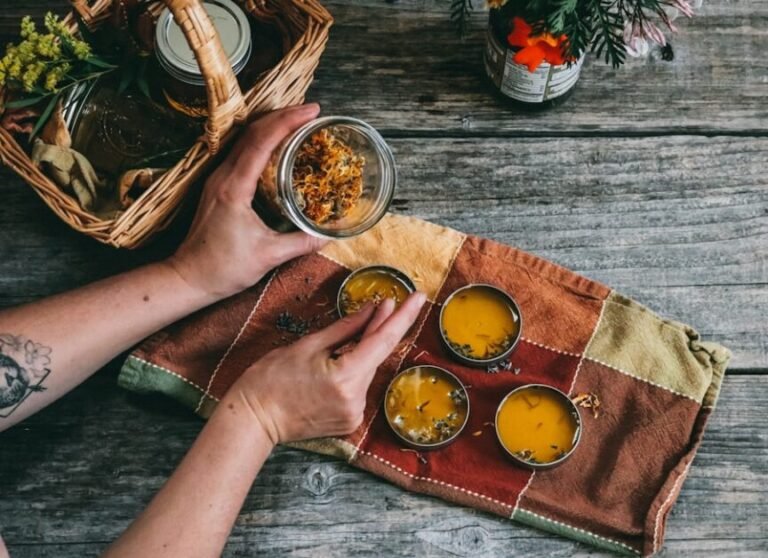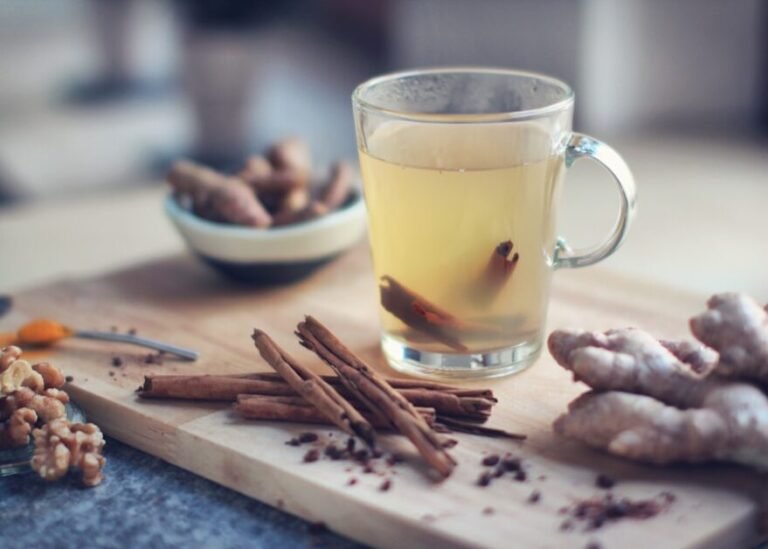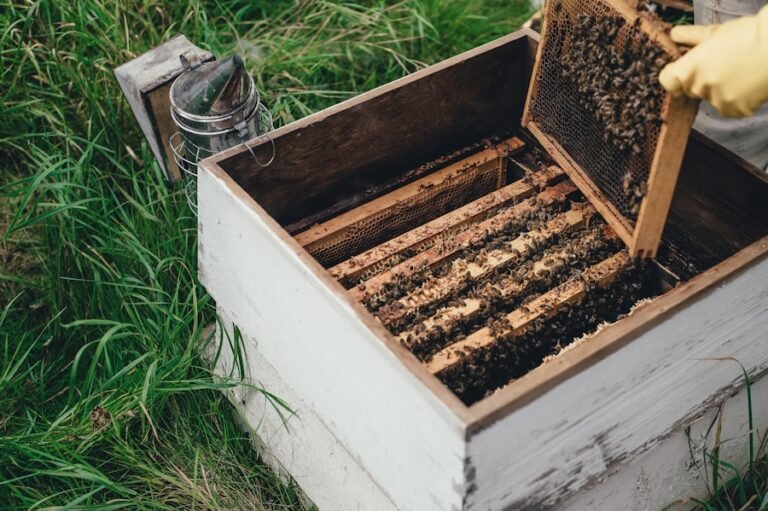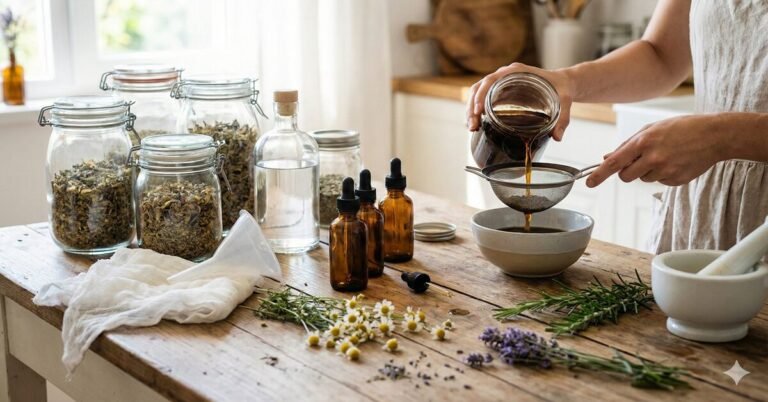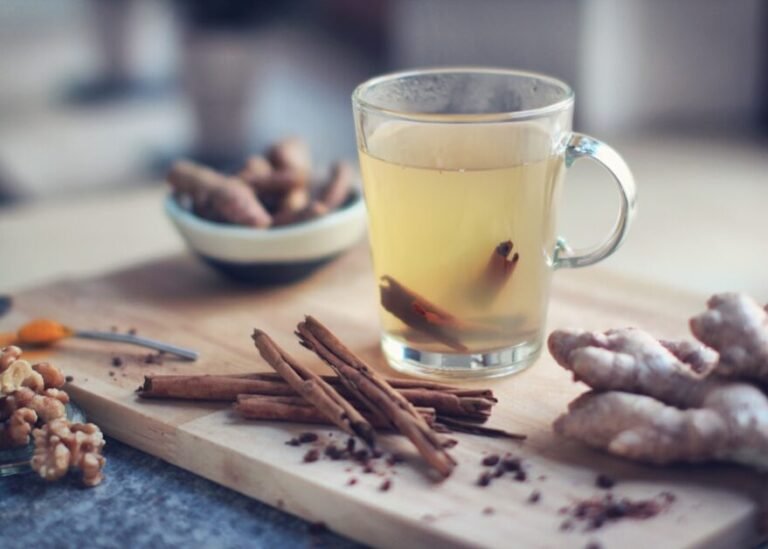Natural Beauty: Home Remedies for Acne That Actually Work
Acne is a common skin condition that occurs when hair follicles become clogged with oil and dead skin cells. This can lead to the formation of pimples, blackheads, and whiteheads. There are several factors that can contribute to the development of acne, including hormonal changes, genetics, and certain medications. Hormonal changes, such as those that occur during puberty or pregnancy, can increase the production of oil in the skin, leading to acne. Genetics also play a role in the development of acne, as individuals with a family history of the condition are more likely to experience it themselves. Additionally, certain medications, such as corticosteroids or lithium, can also contribute to the development of acne.
There are several different types of acne, each with its own unique characteristics. The most common type of acne is known as acne vulgaris, which is characterized by the presence of blackheads, whiteheads, and pimples. Another type of acne is known as cystic acne, which is characterized by the presence of large, painful cysts beneath the skin. This type of acne can be particularly difficult to treat and may require professional intervention. Other types of acne include hormonal acne, which is caused by hormonal imbalances, and acne rosacea, which is characterized by redness and swelling of the skin. Understanding the causes and types of acne is important for developing an effective treatment plan.
The Power of Natural Ingredients: How They Work on Acne
Natural ingredients have long been used to treat acne and other skin conditions due to their powerful healing properties. Many natural ingredients have anti-inflammatory, antibacterial, and antioxidant properties that can help to reduce inflammation, kill acne-causing bacteria, and promote healing in the skin. One such natural ingredient is tea tree oil, which has been shown to be effective in reducing acne lesions and improving overall skin condition. Tea tree oil has powerful antibacterial properties that can help to kill acne-causing bacteria and reduce inflammation in the skin.
Another natural ingredient that is commonly used to treat acne is aloe vera. Aloe vera has anti-inflammatory and antibacterial properties that can help to soothe irritated skin and reduce redness and swelling associated with acne. Additionally, aloe vera can help to promote healing in the skin, making it an effective treatment for acne lesions. Other natural ingredients that are commonly used to treat acne include witch hazel, green tea extract, and honey. These natural ingredients can be used topically to help reduce inflammation, kill bacteria, and promote healing in the skin. Overall, natural ingredients can be a powerful tool in the treatment of acne due to their potent healing properties.
Tried and Tested Home Remedies for Acne
There are several tried and tested home remedies that can be used to effectively treat acne. One popular home remedy for acne is apple cider vinegar. Apple cider vinegar has antibacterial and anti-inflammatory properties that can help to kill acne-causing bacteria and reduce inflammation in the skin. It can be diluted with water and applied topically to the skin using a cotton ball. Another popular home remedy for acne is baking soda. Baking soda has exfoliating properties that can help to remove dead skin cells and unclog pores, reducing the risk of acne breakouts. It can be mixed with water to form a paste and applied to the skin as a gentle exfoliant.
Additionally, honey is another effective home remedy for acne. Honey has antibacterial properties that can help to kill acne-causing bacteria and reduce inflammation in the skin. It can be applied directly to the skin as a mask or mixed with other natural ingredients such as cinnamon or turmeric for added benefits. Another popular home remedy for acne is green tea. Green tea has antioxidant and anti-inflammatory properties that can help to reduce inflammation in the skin and promote healing. It can be brewed and applied topically to the skin or consumed as a beverage for internal benefits. These tried and tested home remedies can be effective in treating acne and promoting clearer, healthier skin.
DIY Face Masks and Scrubs for Acne-prone Skin
DIY face masks and scrubs can be an effective way to treat acne-prone skin using natural ingredients that are gentle yet effective. One popular DIY face mask for acne-prone skin is a honey and cinnamon mask. Honey has antibacterial properties that can help to kill acne-causing bacteria, while cinnamon has anti-inflammatory properties that can help to reduce redness and swelling in the skin. These two ingredients can be mixed together to form a paste and applied to the skin as a mask for 10-15 minutes before rinsing off with warm water.
Another popular DIY face mask for acne-prone skin is a yogurt and turmeric mask. Yogurt has exfoliating properties that can help to remove dead skin cells and unclog pores, while turmeric has anti-inflammatory properties that can help to reduce inflammation in the skin. These two ingredients can be mixed together to form a paste and applied to the skin as a mask for 10-15 minutes before rinsing off with warm water. Additionally, DIY scrubs can also be effective in treating acne-prone skin by gently exfoliating the skin and removing dead skin cells. One popular DIY scrub for acne-prone skin is a sugar scrub. Sugar has exfoliating properties that can help to remove dead skin cells and unclog pores, reducing the risk of acne breakouts. It can be mixed with coconut oil or honey to form a paste and gently massaged into the skin before rinsing off with warm water. These DIY face masks and scrubs can be an effective way to treat acne-prone skin using natural ingredients.
Dietary Changes and Supplements for Clearer Skin
Making dietary changes and taking supplements can have a significant impact on the health of your skin and may help to reduce the occurrence of acne breakouts. One dietary change that may help to improve the condition of your skin is reducing your intake of high-glycemic foods such as white bread, pasta, and sugary snacks. High-glycemic foods can cause spikes in blood sugar levels, leading to increased production of oil in the skin and a higher risk of developing acne. Instead, focus on consuming low-glycemic foods such as whole grains, fruits, vegetables, and lean proteins.
Additionally, taking certain supplements may also help to improve the condition of your skin and reduce the occurrence of acne breakouts. One supplement that has been shown to be effective in treating acne is omega-3 fatty acids. Omega-3 fatty acids have anti-inflammatory properties that can help to reduce inflammation in the skin and promote healing. They can be found in fish oil supplements or consumed through foods such as salmon, walnuts, and flaxseeds. Another supplement that may help to improve the condition of your skin is zinc. Zinc has been shown to have anti-inflammatory and antibacterial properties that can help to reduce inflammation in the skin and kill acne-causing bacteria. It can be taken as a supplement or consumed through foods such as oysters, beef, and pumpkin seeds. Making dietary changes and taking supplements may have a positive impact on the health of your skin and help to reduce the occurrence of acne breakouts.
Lifestyle Habits for Managing Acne
In addition to using topical treatments and making dietary changes, there are several lifestyle habits that can help to manage acne and promote clearer, healthier skin. One important lifestyle habit for managing acne is practicing good skincare hygiene. This includes washing your face twice daily with a gentle cleanser to remove dirt, oil, and dead skin cells that can clog pores and lead to acne breakouts. Additionally, it’s important to avoid touching your face throughout the day as this can transfer dirt and bacteria from your hands onto your skin, leading to increased risk of developing acne.
Another important lifestyle habit for managing acne is managing stress levels. Stress can trigger hormonal changes in the body that can lead to increased production of oil in the skin and a higher risk of developing acne breakouts. Practicing stress-reducing activities such as yoga, meditation, or deep breathing exercises may help to reduce stress levels and improve the condition of your skin. Additionally, getting an adequate amount of sleep each night is important for managing acne as lack of sleep can lead to increased inflammation in the body and a higher risk of developing acne breakouts. Aim for 7-9 hours of quality sleep each night to promote clearer, healthier skin.
Consulting a Professional: When to Seek Help for Acne
While many cases of acne can be effectively treated at home using natural remedies and lifestyle changes, there are some instances where it may be necessary to seek professional help for managing acne. If you have severe or persistent acne that does not respond to over-the-counter treatments or home remedies, it may be time to consult a dermatologist for further evaluation and treatment options. A dermatologist can assess your specific type of acne and recommend appropriate treatments such as prescription medications or professional procedures.
Additionally, if you have developed scarring or hyperpigmentation as a result of severe acne breakouts, it may be necessary to seek professional help for managing these issues. A dermatologist can recommend treatments such as laser therapy or chemical peels to improve the appearance of scarring and hyperpigmentation caused by acne. It’s important to seek professional help if you are experiencing severe or persistent acne that does not respond to at-home treatments or if you have developed scarring or hyperpigmentation as a result of severe acne breakouts.
In conclusion, understanding the causes and types of acne is important for developing an effective treatment plan. Natural ingredients have powerful healing properties that can be used to effectively treat acne. There are several tried and tested home remedies for treating acne including apple cider vinegar, baking soda, honey, and green tea. DIY face masks and scrubs using natural ingredients can also be effective in treating acne-prone skin. Making dietary changes and taking supplements may help to improve the condition of your skin and reduce the occurrence of acne breakouts. Lifestyle habits such as practicing good skincare hygiene, managing stress levels, and getting adequate sleep are important for managing acne. In some instances, it may be necessary to seek professional help for managing severe or persistent acne or scarring caused by severe acne breakouts.
Overall, there are many effective ways to manage and treat acne using natural remedies, lifestyle changes, dietary adjustments, and professional interventions when necessary. By understanding the causes of acne and implementing these strategies into your daily routine, you can promote clearer, healthier skin and reduce the occurrence of acne breakouts.




